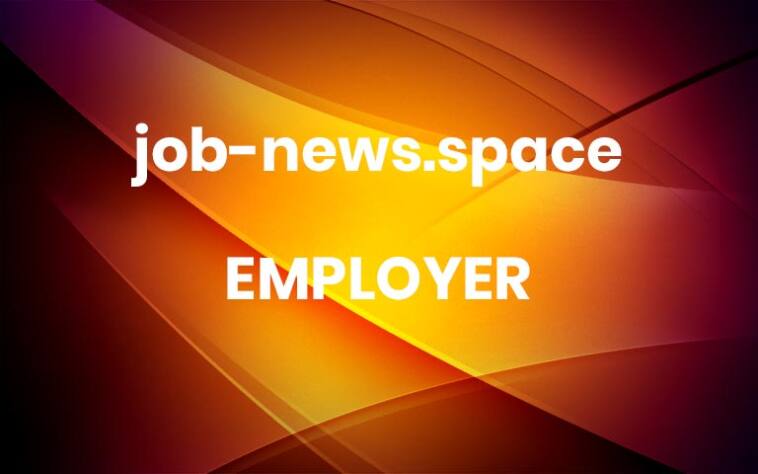Inspiring Career Growth at Synchrony
Early career opportunities vary from summer internships and externships to entry-level positions. When exploring possibilities in the beginning of your career, rotational programs offer a unique opportunity to gain diverse experiences and to learn how to work with multiple teams – all within one company.
Synchrony, a Fortune 200 financial services company, inspires career growth from day one. Synchrony is at the heart of many U.S. financial transactions that are made every day and is committed to providing hands-on experiences for its early career talent. The company has a robust early career development program that aims to identify, attract and develop the company’s future leaders.
Synchrony’s driving force is to be essential to people’s everyday lives by making it easier for the tens of millions of people who rely on us to access their essential needs and everyday wants with consumer financing that works for them – from their first credit card to a lifetime of flexibility. The company is recognized in the industry as a top employer, recently named by Fortune as one of the nation’s top five best companies to work for.
The Business Leadership Program
One of the programs that makes Synchrony stand out is its Business Leadership Program (BLP). These early career development programs are designed to accelerate the careers of tomorrow’s leaders.
The summer internship program is a 10-week program for rising juniors and first-year HR graduate students. As a BLP intern, you will work on projects and participate in meaningful work in your desired field while experiencing the support of the team, mentors, and Synchrony’s award-winning culture. If you are interested in the summer internship program, learn more here.
The Full-Time BLP program is a two-year, rotational program for graduating university seniors designed to facilitate your career growth across three different disciplines. If you’re still undecided on what you want to pursue professionally, a rotational program could be a great opportunity for you to explore after graduation.
The Synchrony BLP program has more than 10 different tracks, from sales and relationship management, finance, data analytics, and other areas across the business. The program includes community service, networking and social events.
The BLP program helps transition graduates into the working world by offering experiences similar to what students had with student clubs and organizations. The participant-led committees include Development, Wellness, Recruiting, and Engagement, providing real-world opportunities for new grads to grow in their communication, planning, and leadership skills.
Beyond the leadership development gained through the committees, the BLP program also helps accelerate individuals into positions of leadership.
Creating a Fast Track for Leadership
One of the top appeals of the BLP program is how it offers early career candidates access to leaders within the organization and helps to advance opportunities for leadership for themselves personally.
Due to the nature of the program, you gain diverse work experiences across multiple teams and practice areas and are steps ahead of your peers as it relates to career growth.
Wyatt Craig, SVP Digital Finance – PayPal, who was in the first cohort of the BLP rotational program shared that the biggest differentiator is the support from leadership. Leaders and mentors help you define what you want to do in your career and suggest experiences to help you achieve your goals.
The investment from leaders continues long after the program ends. Wyatt mentioned the value of the alumni network, which provides mentorship to BLP participants. To help recent graduates transition into the corporate world, these alumni provide guidance on what a career path post-BLP could look like.
Synchrony continues to invest in its employees and offers ongoing learning opportunities, including tuition benefits, which was essential for Wyatt when he decided to pursue post-grad education.
Cultivating a Culture of Flexibility and Well-Being
Through its people-centric culture, Synchrony co-designs programs and initiatives together with employees. The company offers flexible work options, allowing employees to work from home, in the office, or both in a hybrid work environment while redesigning its workspaces to encourage meaningful connections.
Josh Mugabe, a HRBP BLP, described the company’s emphasis on flexibility and choice.
Josh also shares how purposeful engagement provides valuable ways early in your career to meet and interact with people in the office. The Synchrony “hubs” or workspaces also provide a collaborative atmosphere to build relationships.
Synchrony also prioritizes employee well-being in the workplaces, providing comprehensive wellness programs and benefits. For example, the company provides a psychologist onsite and employees can have up to 12 sessions per year at no cost to them personally. The program was built with everyone in mind, including interns.
Angela King, Sales & Relationship Management BLP, was the first BLP to lead the BLP’s Wellness committee.
Initiatives include physical activities like intramural sports, the Brooklyn marathon and ice skating in Bryant Park as well as stress reduction and wellness programs including a cooking class, financial literacy, and virtual monthly conversations.
Gaining Real-World Career Skills
Angela shared how fast the two years went by and how much she accomplished and grew during that time. She learned about Synchrony and business acumen and increased her confidence, gained insight into her own strengths and weaknesses, and developed leadership skills.
A rotational program offers tangible work experience that could help you solidify the direction for your career. The program dedicates time for you to explore your interests and learn from different roles and leaders. As you consider possibilities for your life after graduation, we encourage you to look into Synchrony’s rotational program. If you don’t have plans to graduate yet, then you can learn more about the summer 10-week internship program.
You can learn more about the company here. If you’re interested in starting your career at Synchrony, visit us here to find out more about the internship program, the rotational program, and other early-career opportunities.
Tags:
business leadership program,
career growth,
early career,
early career development,
early career jobs,
financial services,
flexibility,
leadership development,
rotational program,
synchrony,
wellness More




